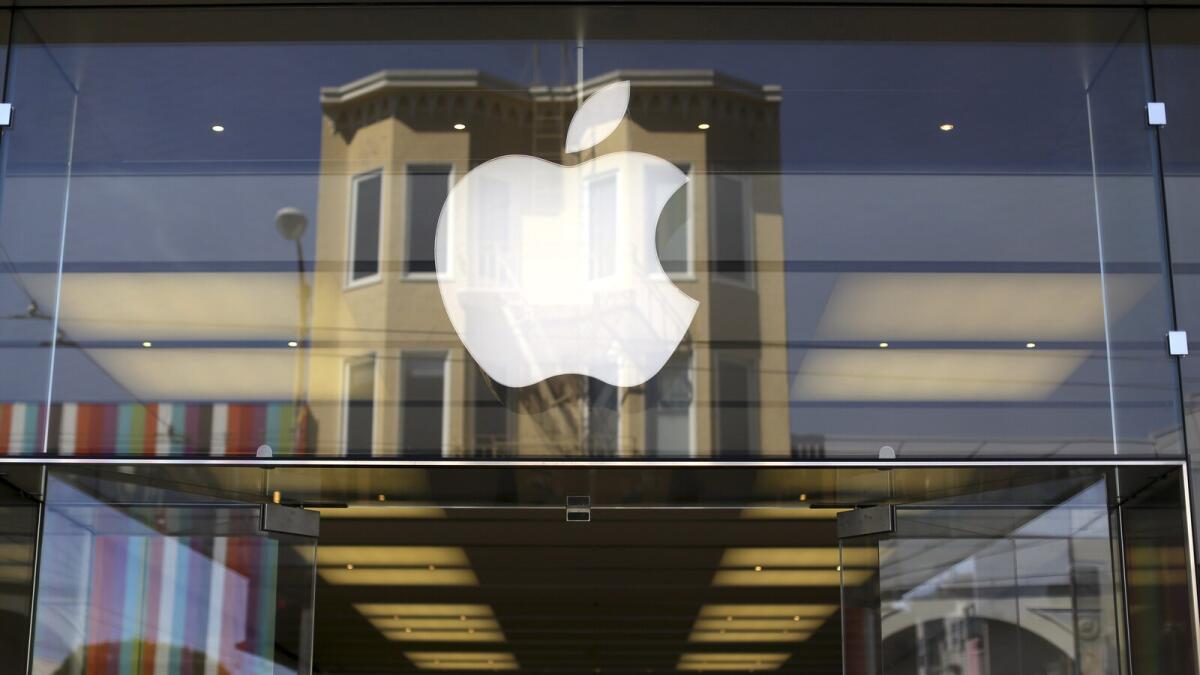The Court of Justice of the European Union has ruled that Apple must pay €13 billion to Ireland in unpaid taxes, following a long legal battle. This decision comes after the EU Commission found that Ireland had provided Apple with illegal tax advantages, a ruling that has been upheld by the CJEU. The Irish government had initially argued against this decision but must now comply with the court’s ruling to recover the aid granted to Apple.
This latest ruling by the CJEU serves as the final judgment in this matter, confirming the European Commission’s 2016 decision. The court has stated that Ireland unlawfully aided Apple and must take steps to recover the funds. This case has been ongoing for eight years, with various legal challenges and appeals in lower courts, culminating in the binding decision handed down by the CJEU. The significance of this ruling extends beyond just the financial implications for Apple and Ireland, setting a precedent for future tax-related cases within the EU.
The CJEU, as the highest court in the European Union, holds the authority to make final judgments on matters concerning EU law. This decision reinforces the importance of adhering to EU regulations, particularly in cases involving illegal state aid and tax benefits. The ruling against Apple highlights the EU’s commitment to upholding fair competition practices and preventing member states from providing undue advantages to multinational corporations. Going forward, this landmark ruling is likely to have a lasting impact on tax policies and practices within the EU.
This legal battle between Apple, Ireland, and the EU Commission has garnered significant attention due to the high stakes involved. The €13 billion in unpaid taxes that Apple must now pay to Ireland represents a substantial sum, highlighting the potential consequences of engaging in tax avoidance schemes. The ruling also underscores the EU’s commitment to ensuring that companies pay their fair share of taxes and do not receive preferential treatment from member states.
As this case reaches its conclusion with the CJEU’s ruling, it serves as a reminder of the complexities and challenges surrounding tax-related issues within the EU. The decision to require Apple to repay €13 billion in unpaid taxes sends a strong message to other multinational corporations operating within the EU, emphasizing the importance of compliance with tax laws and regulations. The outcome of this case sets a precedent for future cases involving illegal state aid and tax benefits, signaling that the EU will not tolerate any violations of fair competition rules.
In conclusion, the CJEU’s ruling against Apple and Ireland in this long-standing tax dispute demonstrates the EU’s commitment to enforcing tax laws and preventing illegal state aid. The decision to require Apple to pay €13 billion in unpaid taxes sets a significant precedent for future tax-related cases within the EU, underscoring the importance of fair competition practices. As this case concludes, it serves as a reminder of the complexities and consequences of engaging in tax avoidance schemes, and the need for multinational corporations to comply with EU regulations.






























